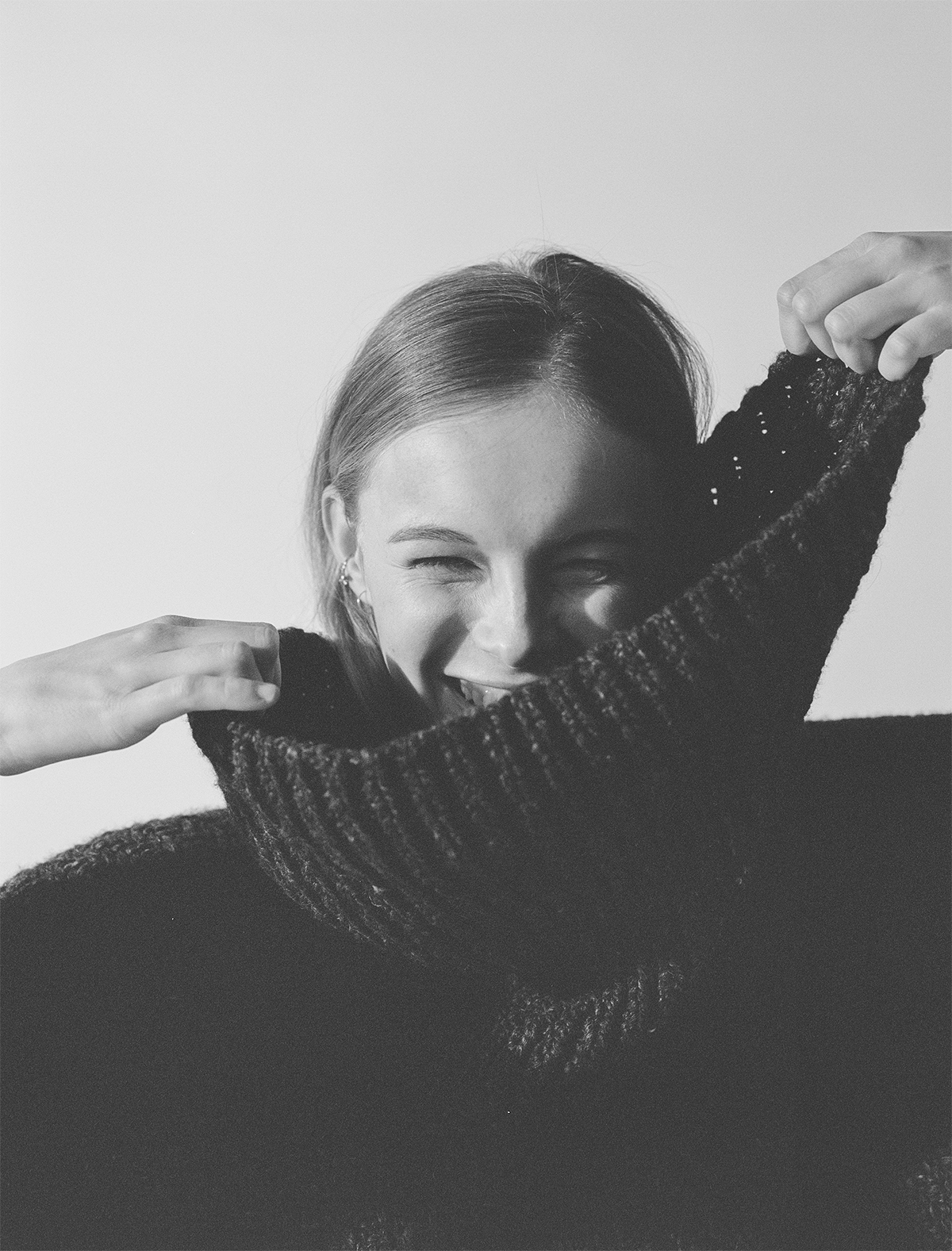
Palermo poncho by Aessai
London-based sustainable knitwear label Aessai was founded by Argentinian designer Rebecca Kramer in 2017 to celebrate and support South American craftsmanship. The brand works with local communities and female collectives to create its collection of shawls, sweaters and ponchos, using traditional weaving techniques and fine merino wool. Following the brand’s exclusive launch on MatchesFashion.com, Candice Tucker speaks to Rebecca about her design inspirations, working with small producers and the importance of conscious consumption
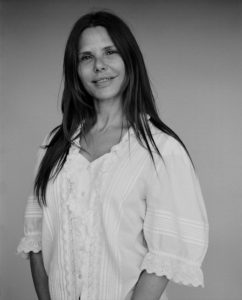
Rebecca Kramer
1. How was the concept for Aessai conceived?
Aessai was born out of the desire of doing something meaningful; creating a brand with a purpose. The name Aessai is derived from the phonetic spelling of ‘essay’ inspired by a series of interwoven memories and journeys between my Argentinian identity and my European adulthood. Weaving is a very symbolic practice throughout South America, which is where both the brand and myself come full circle with our roots.
Follow LUX on Instagram: luxthemagazine
The label embraces the skills of South American artisans entrenched in sustainability and transparency. It possess a social conscience at its heart with ethical and sustainable values that aim to make a positive impact on the life of the artisan producers and their communities.
2. What inspires your designs?
Aessai designs are inspired by indigenous artisans – they are their designs! I watch them braving the snow dressed in a poncho or weaving a beautiful alpaca blanket to sell in the market. I am the one who interprets their designs and essentially writes “the essay”
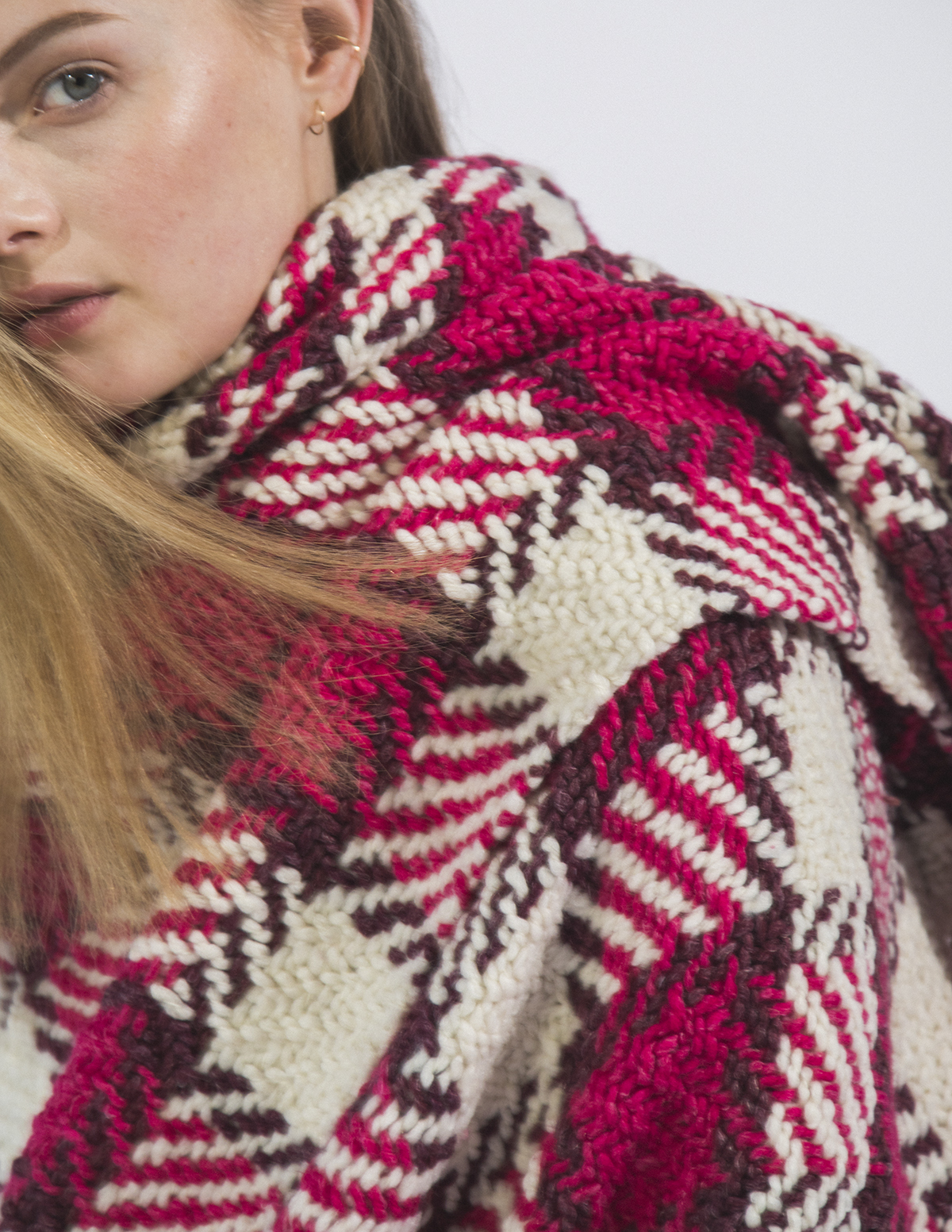
Condor wrap by Aessai
3. As you’re based in the UK, how do you ensure that ethical practices are being upheld in your South American workshops?
Our producers are small enterprises with responsible managers who are also part of the same communities; they all share the credentials of having a low environmental impact, being members of the World Fair Trade Organisation, and carrying out cruelty free practices. When a co-operative becomes too big or too overwhelmed we tend to diversify our production and look out for a smaller collectives helping to contribute to their growth.
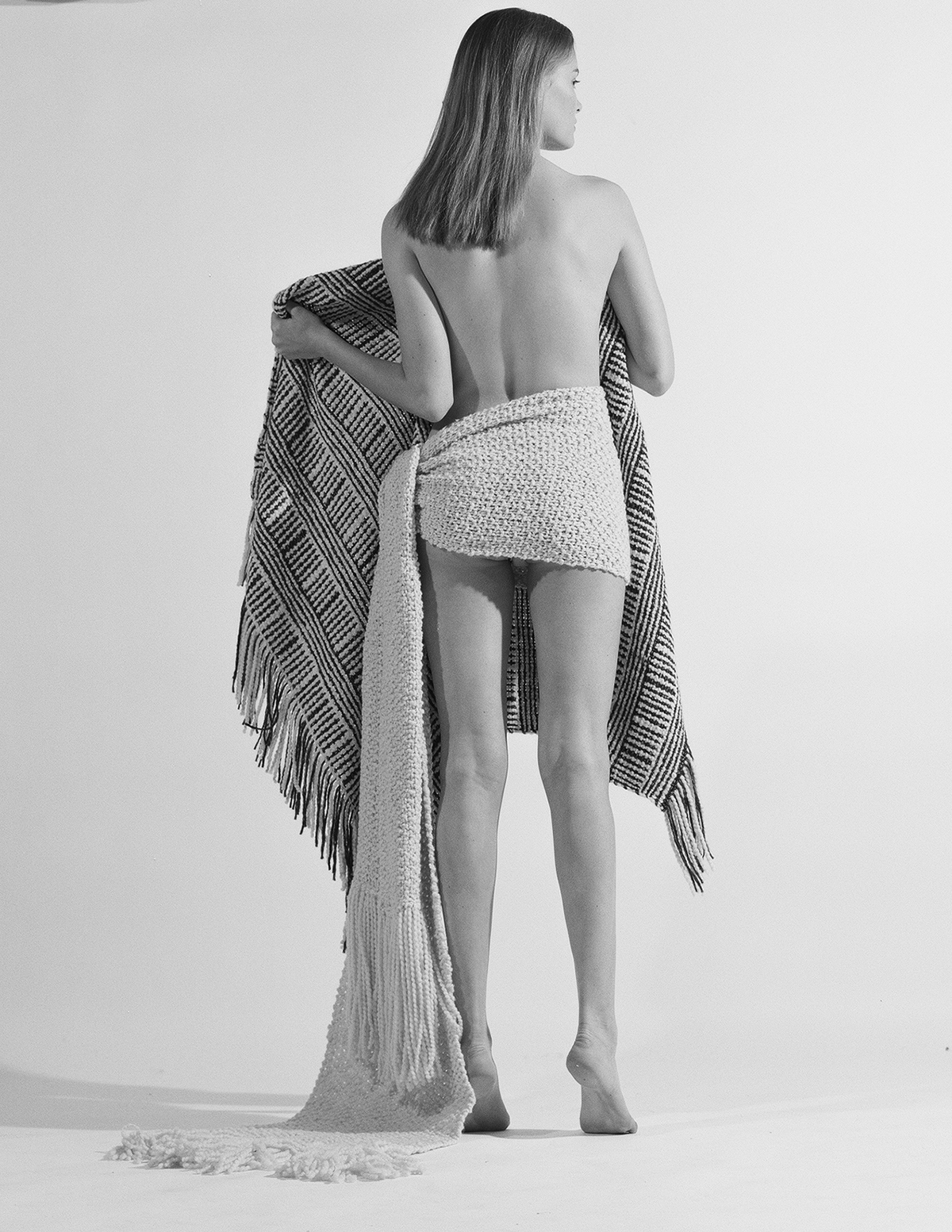
Rosa blanket and La Paz scarf by Aessai
4. Sustainability has become something of a buzzword in the last few years, how can consumers ensure what they’re buying is actually sustainable?
Some brands are using the word as a marketing tool, some have sustainable ideas, some are pioneers and invest in the research for developing new textiles and fibres… I suppose if someone is really concerned about the sustainability and origins of a product they should always do a bit of homework and do the research before simply adding another article of clothing into their wardrobe.
Read more: Nadezda Foundation’s Nadya Abela on running a children’s charity
5. Do you think there’s a disparity between younger and older generations in terms of their attitudes towards ethical consumption?
I believe that today the average consumer has more acquisitive power and choices than ever before. However, they are also more informed and conscious about the environmental and social damage caused by over consumerism. The older generation were more careful about their consumption choices as the “fast fashion phenomena” simply did not exist.
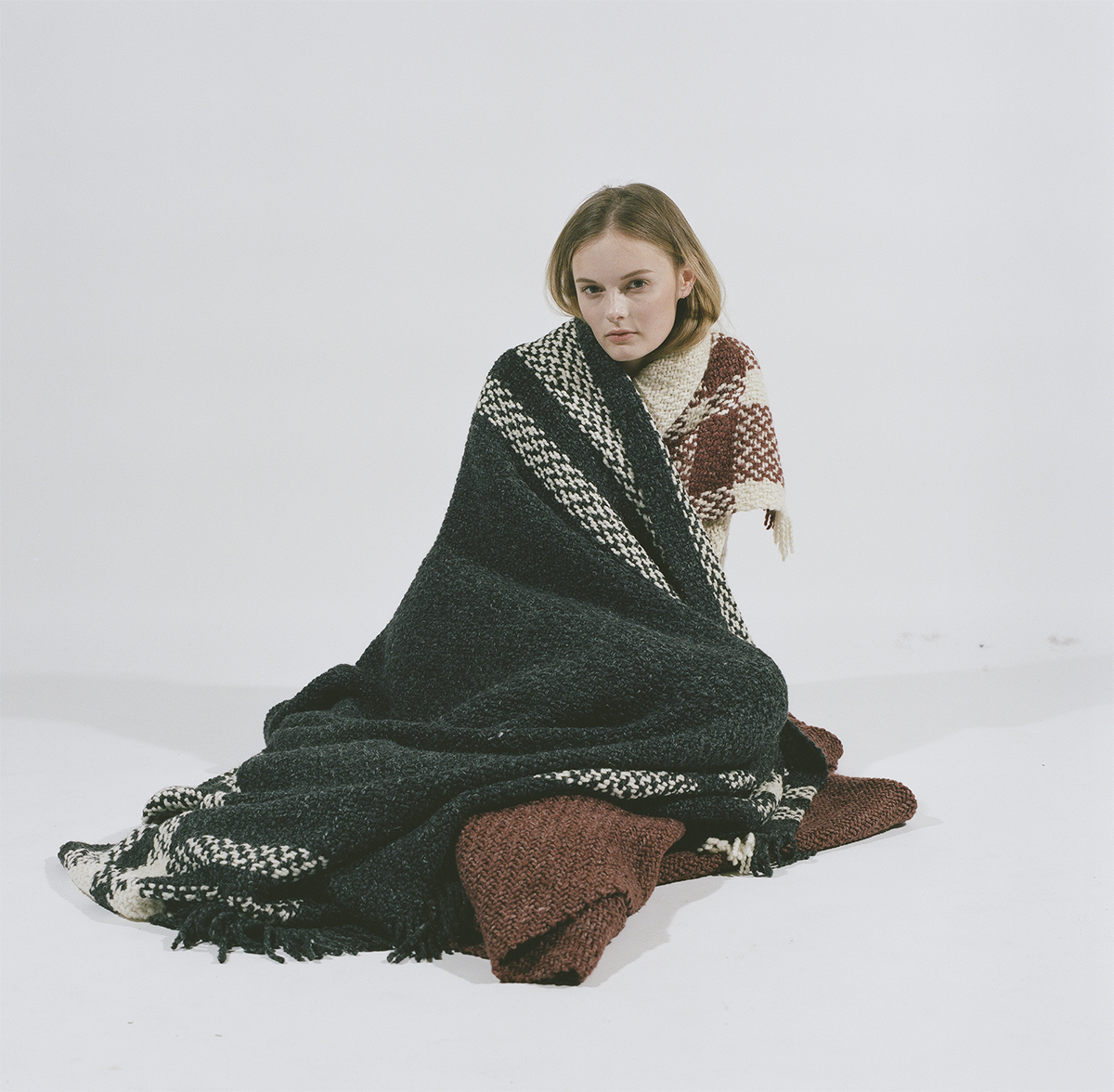
Grace blankets by Aessai
6. What’s your five year vision for the brand?
We’ve been growing organically for the last three years consistently working on building a name for Aessai in a very saturated and competitive market. I think the time has come for the industry to promote and invest in small ethical brands. I do hope Aessai will be an established brand in the next five years and be in the position whereby it can have an influence on the consumer and be globally recognised for its quality products and work ethics.
View the collection: aessai.com

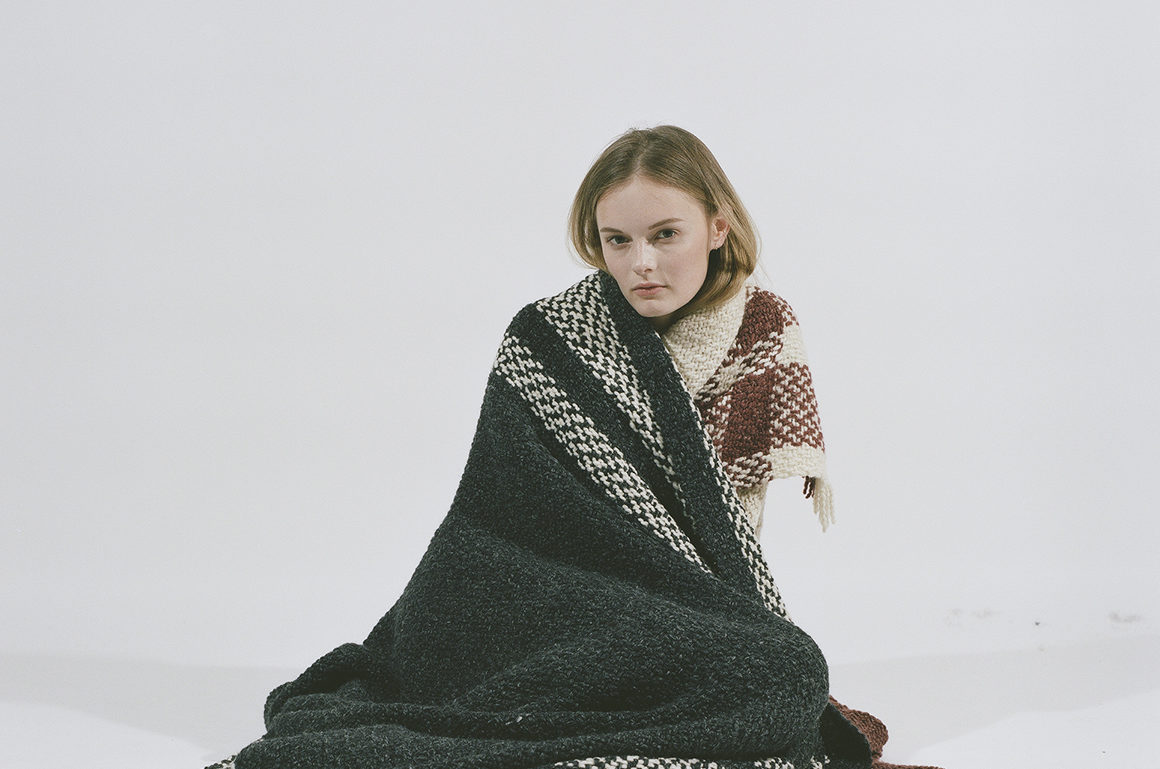





Recent Comments